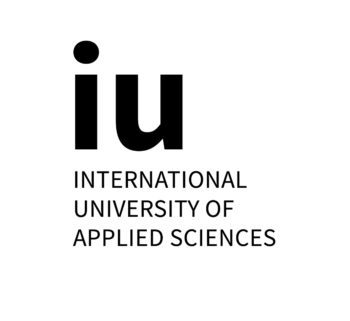An MBA programme is considered the ultimate business qualification which can take you leaps and bounds ahead in your career. Are you wondering how MBA requirements in Europe differentiate depending on where you are from? In the next few paragraphs, EDUopinions will talk about the MBA requirements in Europe and how they vary between EU and Non-EU students.

How to choose the best MBA school in Europe?
There are many different factors which make a particular university great and reputable. One of the major reasons is the accreditation that a particular university gets. This also remains one of the major factors in choosing the best MBA school. The most prestigious accreditation bodies are:
- AACSB – The Association to Advance Collegiate Schools of Business ((based in Tampa, Florida)
- AMBA – The Association of MBAs (based in London).
- EQUIS – European Quality Improvement System (based in Brussels)
There are only 59 institutions worldwide that have a triple-accreditation status, three-quarters of them in Europe. Among all, there are Vlerick Business School, Copenhagen Business School, SDA Bocconi School of Management, and more.
MBA Requirements in Europe
A traditional MBA course may range from 12 months to 24 months, though you can also choose to pursue an executive or a part-time course. Admission requirements for MBAs in Europe are as follows:
- Academic qualifications: A minimum GPA of 3.0/4.0 (or its international equivalent such a UK upper second class bachelor) for your undergraduate degree is another requirement for MBAs. Additionally, a GMAT score is generally and most likely asked for. A good GMAT score is anywhere between 500-600 and it can get you into the top tier universities in Europe.
- Language: Usually most courses are taught in English. Hence, excellent command over verbal and written skills in English is required. If you are from a non-English speaking country, then you will also have to clear tests such as TOEFL or IELTS to show the university that you have command over the language.
- Minimum 2-3 years of relevant professional experience (some institutions will accept one year).
- References
- Personal statement
- CV
- Successful interview for shortlisted candidates
Generally, the admissions officers will be looking for candidates who:
- Can show motivation and leadership.
- Have relevant work experience which can include successful projects which can illustrate their attributes.
- Have a strong academic background
Tuition fees
Fees vary for each MBA course depending on the university itself and the length of the course. In Europe, these range from €11,000 to €40,000 (executive or international MBAs may carry higher fees).
additional fees
There might be other types of fees which you might have to pay, to mention one, application fees. Once accepted into a programme, it is likely you will also have to pay a non-refundable deposit to secure a place.
Different requirements for EU and International Students
Generall, EU students have the freedom to move from their own country to another EU country without experiencing any change in terms of acceptance and tuition fees. They can also apply for the European Health Insurance Card to benefit the same type of medical care they receive in their home country.
However, if you are an international student, the story changes. You are likely to pay more for the same type of education and have to have additional medical insurance.
EU students can also apply for a residence permit in order to obtain the same rights as a national student for financial support.
Conclusion
Depending on your status as an EU student or an international student, MBAs in Europe can be highly lucrative and can provide a good jumpstart to your career in business.
Recent Posts

For professionals with a few years' experience already, an MBA can be a great way of boosting your career prospects. From changing jobs or industries ...

Studying abroad for a semester or a full year can be an incredibly enriching experience. You'll get to experience a new culture, meet new people, and ...

If you're thinking of studying a technical subject like engineering at university, it's crucial that you choose a university that has a rigorous ...

